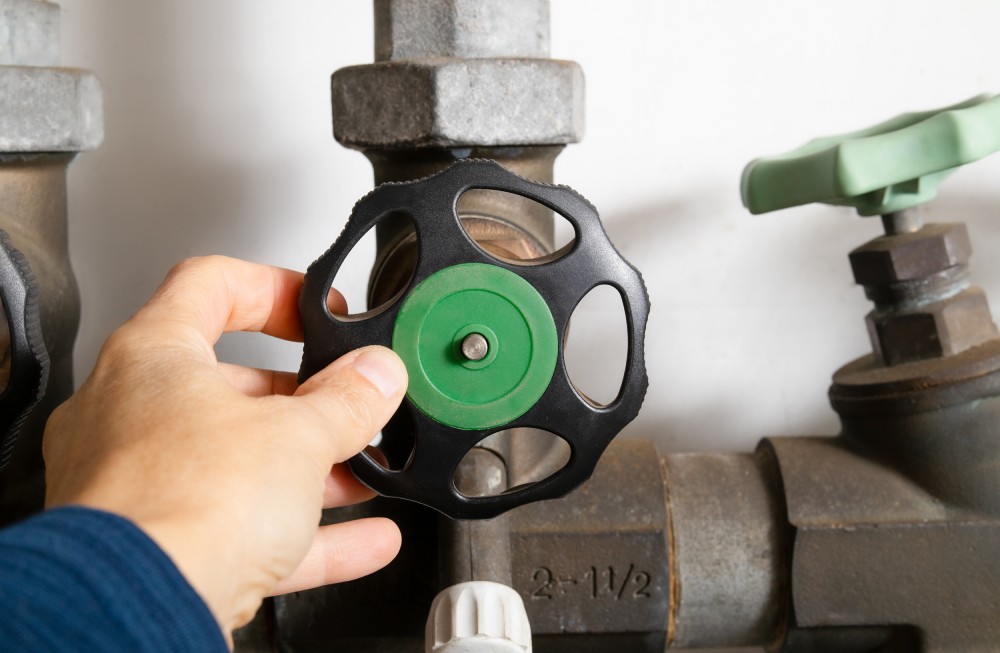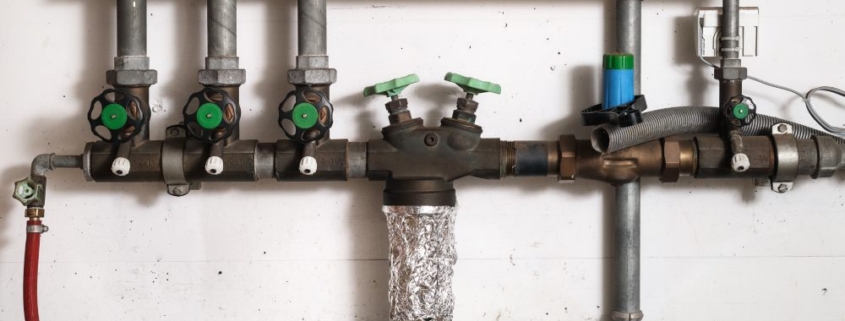TL;DR RPZ testing protects your water from backflow contamination. A certified pro checks the valve to ensure it blocks dirty water from entering clean lines. Regular testing prevents health risks, meets legal requirements, and keeps every sip safe.
Main Points:
- What an RPZ valve does
- Why RPZ testing matters
- How testing works
- Who can perform it
- Recommended testing frequency
Water should always taste fresh, give you a clean glass, and be safe for your family, customers, and pets. Think of your plumbing as the first line of defence for your health, but even the best system needs a reliable gate. RPZ valves are that gate, stopping dirty water from sneaking back into the clean supply.
If these valves don’t work, your faucet could deliver a mix you wouldn’t want to drink. RPZ testing helps keep you safe and your water clean. It works quietly in the background, so you never need to worry about what comes out of the faucet.
What is RPZ in Plumbing?
Ever wondered, “What is RPZ in plumbing?” You’re not alone. An RPZ, or Reduced Pressure Zone valve, is a safety device in your water system. It’s a fancy name for a mechanism that keeps unwanted water from flowing in the wrong direction.
Picture it as a bouncer at the door, only letting in invited guests and keeping unwanted ones out. Water can sometimes move backward in pipes, like during a sudden drop in pressure. When that happens, it can pull in fertilizer, soap, or even a little pond water. The RPZ valve jumps in at that moment, shutting out everything that doesn’t belong in your glass or shower.
What is the purpose of backflow prevention devices?
Their main job is to stop anything unsanitary, hazardous, or even just ‘off’ from contaminating your potable water. It’s a small piece with a big responsibility.

Why Is RPZ Testing So Important?
You pour clean water into a sink, but a sudden pull drags dirty dishwater back up the drain and mixes it with the clean. That’s exactly how backflow works, allowing contaminated water to flow back into otherwise safe, clean lines. That’s where RPZ testing comes in.
What is RPZ testing?
It’s a thorough check-up that makes sure that the protective bouncer is still on the job. Over time, wear, age, or even a rough winter can cause the valve to weaken or break. If you skip the check, you risk letting bad water in, which is not only risky for health but can get you in other kinds of hot water too.
There are legal rules about regular RPZ testing. Ignore these, and you might face penalties or worse, a wave of preventable illness. It’s a little like skipping the smoke alarm—nobody notices until there’s real trouble.
How to Test a Backflow Valve: The RPZ Testing Process
How to test a backflow valve? If you’re curious (or just want to sound smart at dinner), here’s what happens during RPZ testing:
- Water shut-off: The tester turns off the water to isolate the RPZ valve, so no surprises spray everywhere.
- Setup: Special testing gauges connect to the valve, measuring pressure at different points.
- Assessment: Measurements check that the valve’s pressure zones respond correctly. This stops any chance of backflow. The devices are watched for leaks or sluggish parts.
- Report: Results are recorded. If your RPZ passes, the property gets a clean bill; if not, repairs happen right away.
This process doesn’t take long, but it’s detailed. Clean, safe water is the goal every single time.
Who Does Backflow Testing and When Should It Be Done?
Only certified professionals can perform RPZ testing. They’ve done the training and have the right tools for the job. In most places, you can’t just DIY it—there are tight rules to keep everyone honest and safe.
How often do you need a test?
Usually once a year — or twice if you run a busy commercial space.
Quick Cheat Sheet:
Property Type Suggested Frequency Who Tests?
Homes Once per year Certified plumber
Businesses Every 6–12 months Licensed tester
Hospitals/Schools Typically yearly Approved contractor
Never wait for trouble. Regular checks mean you spot worn valves before something nasty slips into the water.
Keeping Your Water Safe—Final Thoughts
Don’t trust your faucet to luck or guesswork. RPZ testing is one of those boring but necessary things that keeps you, your pets, and your neighbors healthy. It’s not just about ticking a box for the city. It’s about making sure every splash and sip is as safe as it should be.
Get your RPZ tested on schedule by someone who knows what they’re doing. And if you’re ever unsure, remember: clean water, clear mind. Don’t let backflow be the one thing you forget. Learn more about our backflow installation and inspection repair services here.







Leave a Reply
Want to join the discussion?Feel free to contribute!